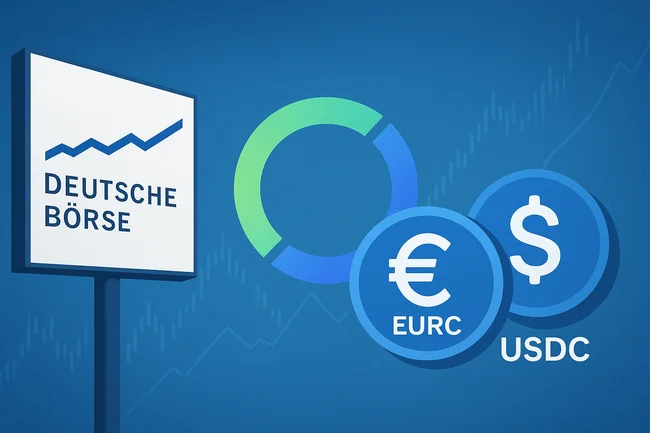Routing involves the process of directing transactions within a network to ensure they reach their intended destination. In cryptocurrencies, this typically means finding the best path for a transaction to travel from the sender to the receiver.When a user initiates a transaction, it does not immediately reach the recipient. Instead, it passes through various nodes, which are computers that validate and relay the information. Routing ensures that the transaction is efficiently handled by determining the optimal nodes to use, minimizing delays and costs.In decentralized networks, routing can also involve techniques like multi-path routing, where a transaction is split into smaller parts for simultaneous transmission through multiple paths. This approach can increase speed and reduce the risk of network congestion.Ultimately, effective routing contributes to the reliability and efficiency of cryptocurrency transactions, enabling smoother interactions between users and enhancing overall network performance.

Avalanche Treasury Co. to Go Public in $675M Deal With Mountain Lake Acquisition
Avalanche Treasury Co. (AVAT), a digital asset treasury company aligned with the Avalanche Foundation, said Wednesday it has agreed to



